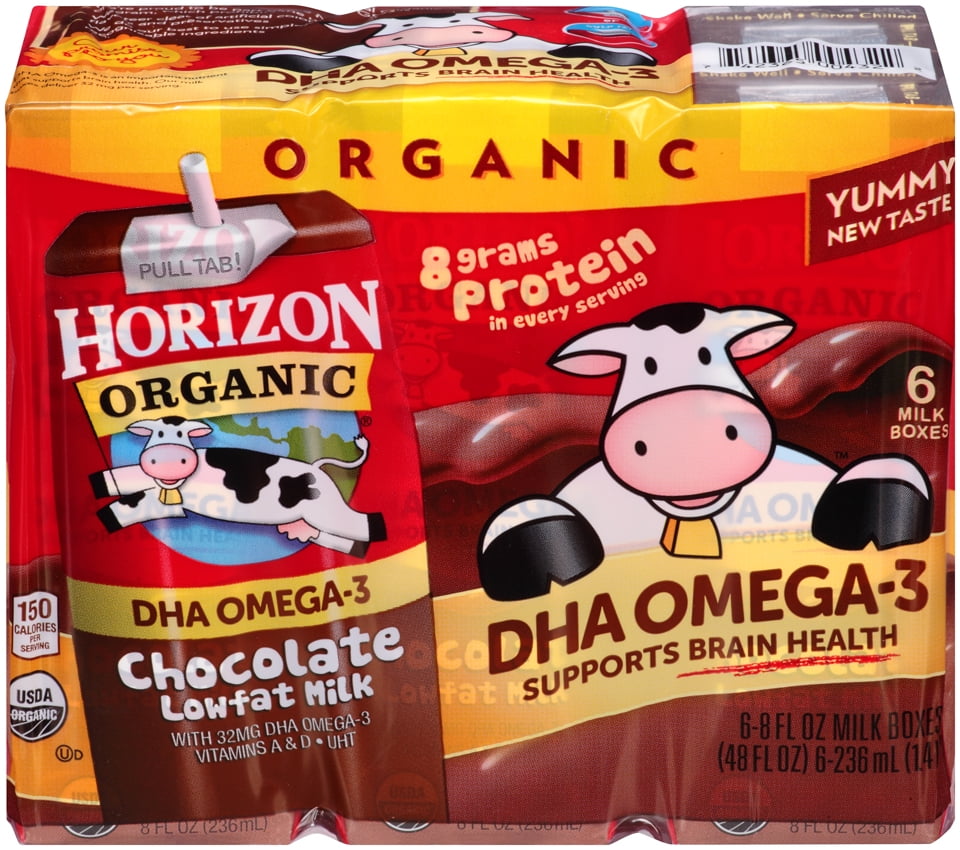

RELATED: Do Dairy Foods Really Cause Inflammation? Competition is booming as animal welfare and environmental concerns grow Research shows dairy production has a considerable effect on climate change–worldwide, an estimated 34% of annual greenhouse-gas emissions come from our global food systems, according to a 2021 Nature Food study. Experts say plant-based alternatives have a much lower environmental impact in emissions, land use, and water use compared to dairy milk. A 2021 study pointed to concerns for personal health, animal welfare, and environmental impact as major factors. Gen Z and Millennials, in particular, are adopting plant-based alternatives, according to researchers at McKinsey & Company. In recent years, milk-drinkers are learning more about where their dairy really comes from, and the food-quality practices that are used when manufacturing milk and other products. What was once a staple in the American diet is steadily falling out of favor as consumers increasingly embrace non-dairy alternatives like almond, soy, and oat milk. Since 1975, Americans' consumption of traditional dairy milk has dropped by 40%, according to The New York Times. Something, we will not earn a commission. Interviewed and do not contain affiliate links.

The product recommendations in this post are recommendations by the writer and/or expert(s)


 0 kommentar(er)
0 kommentar(er)
